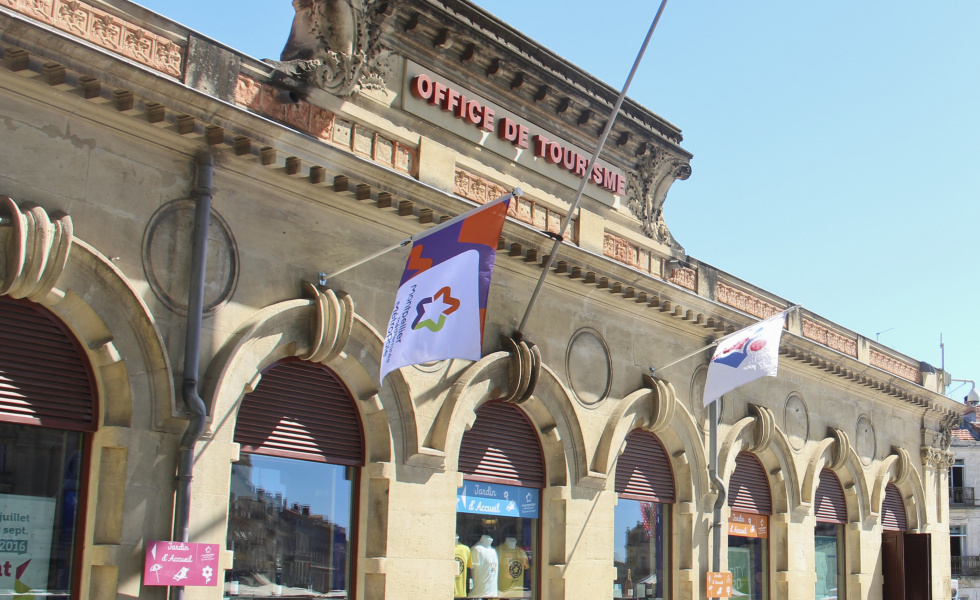This summer, Lattes, Pérols, Saint Jean de Védas, and Villeneuve lès Maguelone were officially classified as “tourism cities”, joining Montpellier. With Montpellier Métropole, they are seeking to reach Grand Site Occitanie status.

Montpellier Métropole Tourist Office
Rigorous criteria
French national authorities determine certification as a “tourism resort” based on three criteria that candidate cities must meet. They must: (1) have a certified tourist office; (2) during tourist seasons, organize events that correspond to the status of protected sites and natural areas, notably regarding culture, arts, fine foods, and sports; and (3) offer sufficient tourist accommodations to host temporary visitors, such as hotels, campgrounds, tourist residences, bed & breakfasts, secondary homes, etc. Hosting capacity is measured with respect to each city’s year-round population.A diverse offering for tourists
Lattes, Montpellier, Pérols, Saint Jean de Védas, and Villeneuve lès Maguelone all satisfied the three required conditions. Their classification reflects their achievements to organize “an adapted offering for tourists and high-quality accommodations” in their area. Promotion of local historical and natural heritage is complemented by the richness of other tourist-related aspects such as events, culture, and leisure. The cities and/or public organizations for inter-city cooperation have all demonstrated the political will to succeed.Montpellier Métropole’s commitment
With extensive experience managing tourism, Montpellier Méditerranée Métropole is focusing on the tourist sector as one of its strategic pillars for economic development (1).Among other things, this approach is enhanced by Montpellier and Montpellier Métropole’s candidacy to join the somewhat elite club of “Grands Sites Occitanie”, following a call-for-projects launched by the Occitanie / Pyrénées-Méditerranée regional authorities. Candidacy will be submitted towards the end of November 2020. The greater Montpellier area is, and always has been, a must-visit destination.On October 12, during the deliberation that led to Montpellier’s request for classification as a “tourist resort”, authorities explained: “Montpellier Méditerranée Métropole is committed to making its territory a welcome place for professional conferences, as well as a cultural and heritage-oriented destination, by preparing a complete and broad reaching tourist offering whose goal is to extend the activity’s seasonality and generate jobs and wealth."
Benefits of the “tourist city” label
The first benefit of becoming a certified “tourist city” is that it increases exposure, allowing the city to promote its status, a sign of recognition for public policy carried out to host visitors with a high-quality welcome. The denomination also entitles the city to benefit from specific provisions for opening beverage service establishments - temporary or permanent - taking into account the non-permanent population. In addition, authorization may be granted to the cities’ regular police officers from other departments to assist municipal police officers during the summer season. Lastly, only cities that have obtained “tourist city” certification can apply for the “tourism resort” label.(1) In addition to governmental aid, Montpellier Méditerranée Métropole and the City of Montpellier set up a series of aid programs to help limit the impact of the health crisis in their territory. Comprising several different components, the plan notably includes four measures to support the local economy, small- and medium-sized businesses, independent merchants, artisans, tourist-related independents, and professionals involved with tourism, events, and youth.


